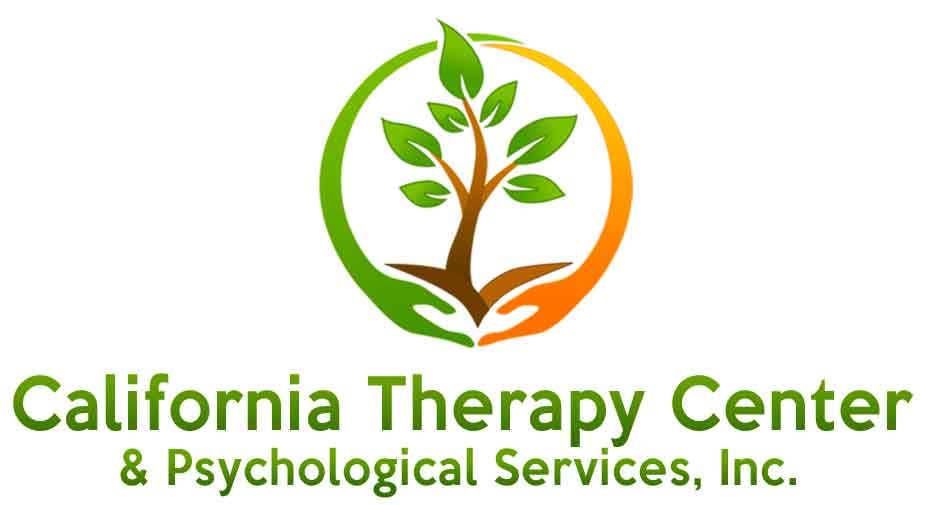Therapy for Depression
Understanding Depression
Depression is a common but serious mood disorder that affects how you feel, think, and handle daily activities. It can lead to persistent feelings of sadness, lack of energy, and a loss of interest in activities once enjoyed. If you’re experiencing these symptoms, it’s important to know that you’re not alone and that effective treatment is available. Our approach addresses the root causes of depression and equips you with practical tools for managing your mood and improving your overall well-being.
Recognizing Depression Symptoms
Some common symptoms of depression include:
- Persistent sadness, hopelessness, or emptiness
- Loss of interest in activities and hobbies
- Changes in appetite or weight
- Sleep disturbances, including insomnia or oversleeping
- Fatigue or low energy
- Difficulty concentrating or making decisions
- Thoughts of self-harm or suicide
How Therapy Can Help
Our therapy sessions provide a compassionate space for you to explore the underlying factors of depression and build effective coping strategies. Together, we’ll work to:
- Identify negative thought patterns contributing to depressive symptoms
- Develop healthier coping skills to manage mood swings and stress
- Foster self-compassion and a stronger sense of self-worth
- Reframe thoughts to promote hope and a balanced perspective on life
Therapeutic Approach
To treat depression effectively, we utilize the following therapeutic techniques:
- Cognitive Behavioral Therapy (CBT): Focuses on identifying and modifying negative thought patterns and behaviors associated with depression.
- Acceptance & Commitment Therapy (ACT): Encourages acceptance of difficult emotions while committing to actions aligned with personal values.
- Rational Emotive Behavior Therapy (REBT): Aims to identify and change irrational beliefs that fuel negative emotions and behaviors.
- Mindfulness-Based Therapy: Teaches present-moment awareness techniques to reduce rumination and increase emotional resilience.
- Psycho-education: Involves educating individuals and their support networks about depression, promoting understanding and effective coping strategies.
If you’re struggling with depression, we invite you to reach out. With the right support, relief and renewed hope are within reach.


